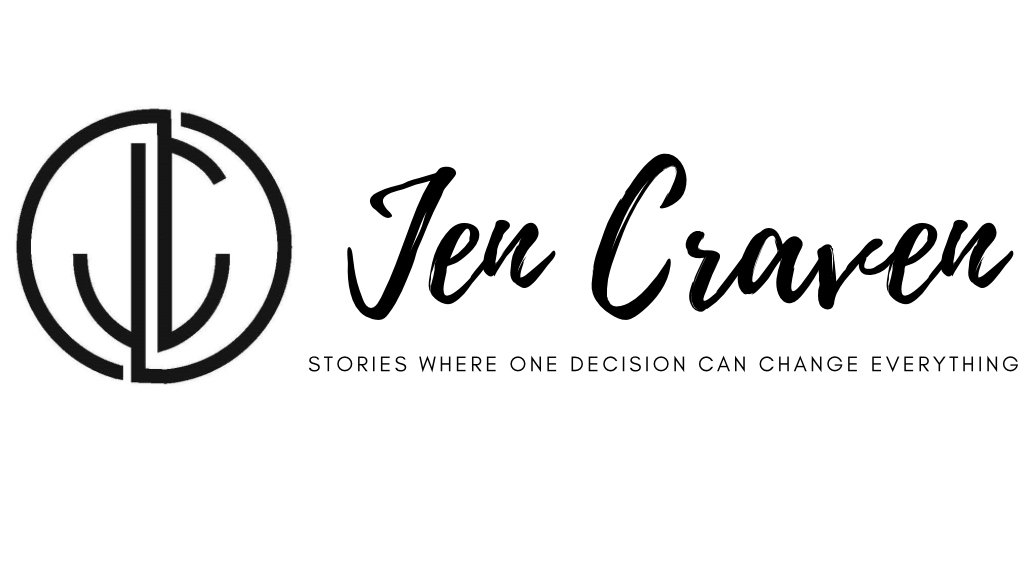The Allure of Commercial Fiction
In 2022, over 404 million fiction books were sold in the United States. Read that again. Now let it sink it for a sec.
Yeah.
But “fiction” is a biiiiiig umbrella term.
Commercial fiction, often referred to as mainstream fiction, is a genre known for its widespread popularity and ability to resonate with a diverse readership. Unlike literary fiction, which sometimes prioritizes experimental prose and intricate character studies, commercial fiction focuses on compelling storytelling that keeps readers hooked from start to finish.
Some describe it like this: whereas literary fiction is art, commercial fiction is entertainment* (major asterisk moment). Others say commercial fiction targets a mass audience and has the potential to sell a lot of copies. If you’re reading Dan Brown or Colleen Hoover or Gillian Flynn or Taylor Jenkins Reid, you’re reading commercial fiction.
I’m grateful to sit among so many amazing commercial fiction books published by Bookouture.
Some common conventions of commercial fiction include:
Engaging Premises. Commercial fiction often kicks off with intriguing premises that immediately pique readers' interest (this is the HOOK). These premises can range from high-stakes mysteries and romantic entanglements to thrilling adventures and family dramas.
Relatable Characters. Characters in commercial fiction tend to be relatable, possessing qualities and experiences that readers can empathize with. Their growth and development throughout the story are central to the reader's emotional investment. (In writer-speak, this is character arc)
Page-Turning Plot. Fast-paced and well-structured plots are hallmarks of commercial fiction. These stories are designed to keep readers turning pages as they navigate twists, turns, and unexpected revelations. That book you stayed up til 2 a.m. to finish? Probably commercial fiction.
Clear Writing Style. The writing style in commercial fiction is generally straightforward and accessible. It prioritizes clarity and readability, ensuring that readers can easily immerse themselves in the story.
Commercial fiction is widely accessible. Visit any library, bookstore, or check out the latest bestseller list and you’ll see commercial fiction books. Many of these books make great conversation points between friends and book clubs. Other reasons why readers are drawn to commercial fiction include:
Escapism. Commercial fiction excels at providing an escape from the routine of everyday life. Its immersive storytelling allows readers to step into different worlds and experience thrilling adventures without leaving their chairs. Takeaway: Life is hard. Read a book.
Emotional Connection. The relatable characters and well-crafted plots in commercial fiction evoke strong emotional responses from readers. Whether it's laughter, tears, or suspense, these stories tap into a range of feelings. The best ones hit ‘em all.
Entertainment Value. At its core, commercial fiction is entertaining. Its ability to engage readers, keep them guessing, and provide satisfying resolutions contributes to its wide appeal. I mean, who doesn’t love a book that’s so entertaining it makes you want to hide in your closet just so you can read unbothered? (Just me? Okay…)
Universal Themes: Commercial fiction often explores universal themes such as love, friendship, identity, and personal growth. These themes resonate with readers across cultures and backgrounds, creating a sense of shared human experience.
In a literary landscape rich with diverse genres, commercial fiction stands out as a genre that speaks to the heart of what readers crave: riveting narratives, relatable characters, and a chance to momentarily escape reality. As a reader, these stories offer a journey; as a writer, they offer a canvas on which to paint vibrant worlds and unforgettable tales. So, whether you're unwinding on a lazy afternoon or embarking on a literary adventure, consider the enchanting realm of commercial fiction your ticket to an unforgettable experience.
This article interviews several Bookouture editors about why commercial fiction is important, misconceptions about the category, and what makes a good commercial fiction novel stand out.
*I don’t agree. To me, all writing is art! Commercial fiction doesn’t mean you’re dumbing down your craft.

